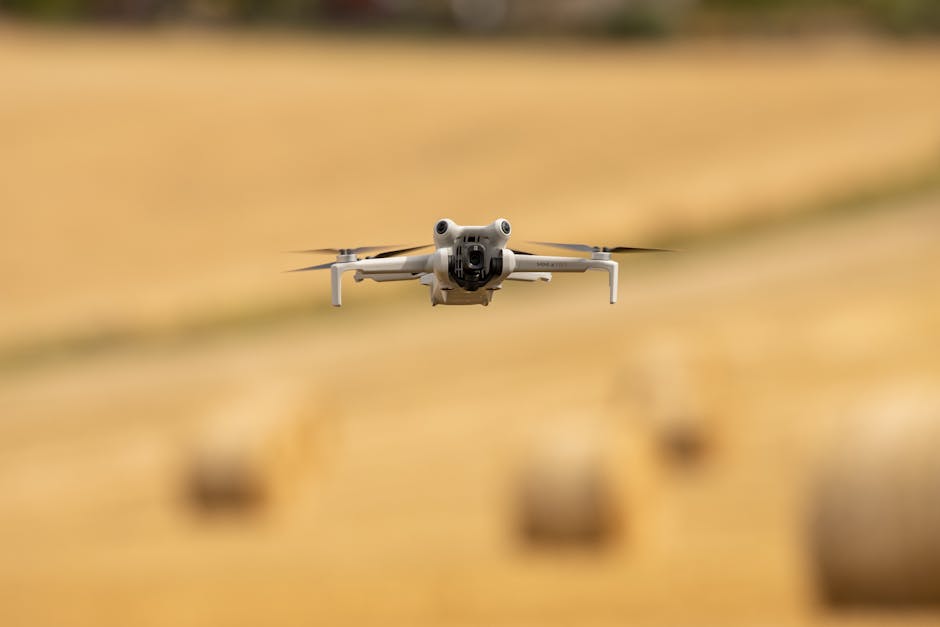The New Frontier: How ChatGPT is Reshaping Travel Marketing in 2025

The New Frontier: How ChatGPT is Reshaping Travel Marketing in 2025
As we venture deeper into the decade, the advertising landscape, especially within the travel sector, is experiencing transformative shifts, primarily driven by advancements in AI and conversational interfaces. ChatGPT, a leader in AI-driven communication, is at the forefront of this revolution, redefining how online travel agencies (OTAs) connect with and serve their customers.
Disruptive Advertising: ChatGPT's Growing Impact
Monetization and User Engagement: With ChatGPT now generating up to 20% of referral traffic for major retailers and a projected 1% share of the search market by the end of 2025, the platform's influence on consumer behavior is substantial. This influence is reinforced by its innovative monetization mechanisms, such as integrated payment and checkout systems, which are transforming it from a mere referral engine to a robust transactional platform.
Advertising Formats: Traditional banner ads are giving way to more subtle, conversationally integrated ads on ChatGPT. These ads are designed to feel like natural recommendations or contextually appropriate prompts, facilitating a more seamless user experience and potentially higher conversion rates due to their unobtrusive nature.
Key Advantages and Strategic Shifts
Hyper-Personalization: AI's capability to tailor travel recommendations in real-time based on detailed user intent is a game-changer. This allows for dynamic customization that goes beyond broad demographic targeting, providing users with options that truly resonate with their individual preferences and current circumstances.
Predictive Analytics: By leveraging predictive analytics, marketers can not only optimize spend but also anticipate the future needs of travelers, crafting offers and experiences that meet these expectations right as they arise, thereby staying ahead of the curve in customer satisfaction.
Comparative Analysis: ChatGPT vs. Traditional Giants
The approach of using AI like ChatGPT in advertising starkly contrasts with traditional methods employed by giants such as Agoda or Trip.com. While these established players rely on profile-based segmentation and broad-targeted campaigns, ChatGPT's AI-driven model supports real-time, intent-based personalization that can lead to more effective engagements and conversions.
As we look to the future, the integration of AI in digital advertising is not just an enhancement but a necessity, providing a competitive edge that taps into the pulse of modern consumer behavior.
Challenges and Future Perspectives
Skills Gap: Despite the opportunities, a significant barrier remains in the form of the AI fluency skills gap among marketing professionals. Approximately 46% of marketers recognize this gap as a major challenge, underscoring the need for comprehensive training and educational programs.
Competition and Innovation: The rapid pace of innovation required to keep up with platforms like ChatGPT also presents a challenge. Competitors such as Perplexity and Claude are growing at an even faster pace, indicating a fiercely competitive market where continuous innovation is crucial for maintaining relevance.
Strategic Recommendations and Conclusion
To effectively harness the potential of ChatGPT and similar AI platforms, independent OTAs should focus on integrating direct booking capabilities and optimizing their offerings for conversational search engines. Additionally, forming partnerships within chat app ecosystems and leveraging regional strategies, especially in mobile-first markets like Southeast Asia, will be key to circumventing the saturated markets dominated by traditional search engines.
In conclusion, as we move forward, the strategic importance of AI in travel marketing cannot be overstated. The upcoming years will likely see AI transforming from a disruptor into a central growth engine for those who adeptly integrate and innovate within this space. For independent OTAs, now is the time to embrace these changes, turning potential challenges into stepping stones for success.
